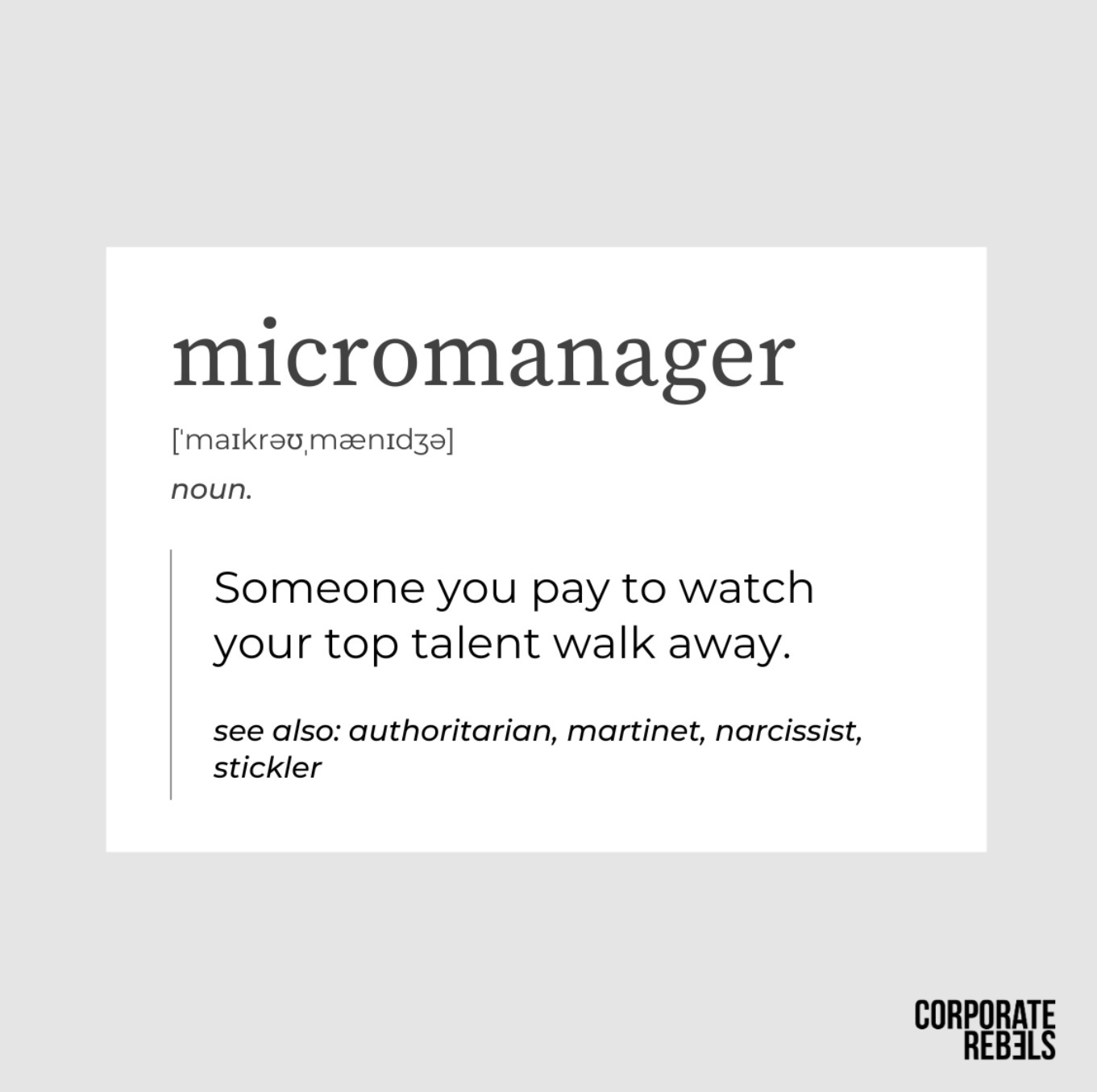A few years ago, I worked with a team whose leader – who was smart and well-intentioned – had a habit of checking their phone during every meeting. Not just the odd glance, but full-on scrolling mid-conversation. If you raised a concern, they'd nod distractedly, eyes flicking between your face and a screen. The leader thought they were being efficient, that they were multi-tasking. The team saw it very differently.
There was no dramatic moment, no shouting. Just a thousand tiny signals that said: This isn’t important enough to get my full attention. Or worse: You don’t matter.
Because it’s not the big vision or some values posted on the wall that define our culture – but how we show up in the everyday moments. Let’s explore this in more depth.
The myth of the grand gesture
There’s a comforting myth in leadership: that culture is set from the top down, through strategy decks, all-staff emails, or away-days. That a strong set of values on a poster in the kitchen will carry the weight of how we treat each other at 5:45pm on a Thursday when things go wrong.
But the gap between aspiration and daily behaviour – between the intent and impact of our people, and especially our leaders – is where culture goes to die.
That gap erodes trust faster than any one-off failure. The disconnect between stated values and lived behaviours is one of the most frequent sources of cynicism in teams. Because the uncomfortable truth is that every action is a signal.
Whether we mean to or not, we are always sending a message to those around us. Teams don’t just hear what we say, they watch how we show up.
The power of micro-behaviours
Culture isn’t built in grand gestures. It’s built in how we speak, listen, act, make decisions, and follow through.
Take a moment to reflect on these micro-behaviours:
What tone of voice do you use in meetings – warm, clipped, curious?
Do you have a habit of interrupting, or do you let people finish?
Who gets your eye contact, and who doesn’t?
Where and to whom do you give praise? How about criticism? Are you consistent, considerate and balanced?
Do you follow through on your commitments? Or let some small things slide in silence?
Each on its own might seem trivial. Collectively they send a message about what you care about, who matters, and what’s really valued around here.
Three common culture-killers (that no one talks about)
Let’s name a few of the subtle habits that can derail cultures:
One. The “nice” culture
When “being nice” means avoiding feedback, it causes frustration and disengagement. People stay quiet to be kind, yet end up eroding trust. You can’t cause growth and develop your people, or build psychological safety without truth-telling. For more on the real difference between being nice and being kind, have a look at Graham Allcott’s book, KIND.
Two. The senior silence
When senior leaders don’t name the elephant in the room, they normalise avoidance. And avoiding difficult conversations doesn’t make them go away, it just pushes the issue below the surface and creates a simmering tension.
Silence becomes the message: I’m not willing to have hard, but necessary conversations.
“The culture of any organization is shaped by the worst behavior the leader is willing to tolerate.”
Steve Gruenert and Todd Whitaker, School Culture Rewired.
Three. The misaligned micro-reward
When visibility gets praised more than contribution, people learn to perform. Loud work gets noticed; deep work gets missed. Anyone not confident to speak up gets overlooked, and confidence becomes valued over competence.
It’s how performative cultures take root.
Micro-behaviours that build strong cultures
Thankfully, the flip side is also true: small, intentional shifts can have a macro-sized impact. Here are three that you can practise today:
Presence over Performance
Look up when someone enters the room, acknowledge their presence;
Close your laptop in 1:1s and put away your phone; and
Turn your chair to face the speaker, look at them and give them your full attention.
Curiosity over Certainty
Ask “What’s your take on this?” before offering your view;
Say “Tell me more” when something feels off, don’t make assumptions about what might be going on;
Make space for constructive disagreement, not just alignment; and
When something goes wrong, seek feedback and places to learn, rather than assigning blame.
Consistency over Charisma
Thank people, even – especially – for the small stuff;
Follow through on small promises (including the invisible ones that no one else will notice); and
Commit to practising consistently in order to build trust, and create relationships your team can rely on.
Try it for yourself. Pick one meeting or moment this week – a 1:1, a team check-in, a conversation in passing. Ask yourself:
What did I signal – intentionally or not?
What did people leave feeling?
Don’t overanalyse it, just reflect. This is where clarity on your personal impact, and how you are shaping the culture of your team, begins.
The bottom line
Culture isn’t set in quarterly plans. It’s shaped in corridor comments, email sign-offs, and how we respond when things go slightly wrong. Micro-consistency beats macro-brilliance every time.
Because the culture people feel isn’t the one on the wall. It’s the one they experience – in the in-between.
Hit reply or drop a comment below and let me know what you’ll be practising this week.
Meme of the week
If you were ever in any doubt of the impact of your micro-interactions…
Join me for the next Small Stuff, Big Impact workshop
The next Small Stuff Big Impact Workshop will be on 21st May at 12pm BST. I’d love for you to join me, and share this with any of your friends and colleagues who might be interested in attending.
Unlock the hidden power of small, everyday interactions with "Small Stuff, Big Impact: Discover the transformative power of micro-interactions" – this live, online (and complimentary) workshop will introduce you to the world of micro-interactions – those small, seemingly inconsequential moments that have a profound impact on your team’s engagement and performance. If you’re leading or managing others, mastering these moments is essential to building stronger relationships and creating a more motivated, connected team.
In this 60-minute introductory workshop, you will:
🌟 Learn what micro-interactions are and why they matter in leadership.
🌟 Discover how small adjustments in communication, tone, and behaviour can create a ripple effect, transforming your daily interactions into powerful tools for engagement.
🌟 Learn how to translate theory into action – you will leave with practical suggestions to start making subtle but effective changes right away.
Register for your place via this link, and please do share with anyone you know who might like to join.
Places are limited to ensure a truly interactive discussion, so sign up now to avoid missing out.
See you there!
Thanks for reading, and I’ll see you next week!
If you know someone who you think would enjoy this, use this button to share it with them directly. Thank you!







I love this article, thanks for sharing. The quote “The culture of any organization is shaped by the worst behavior the leader is willing to tolerate.” is so true and I think everyone has experienced it in some form.